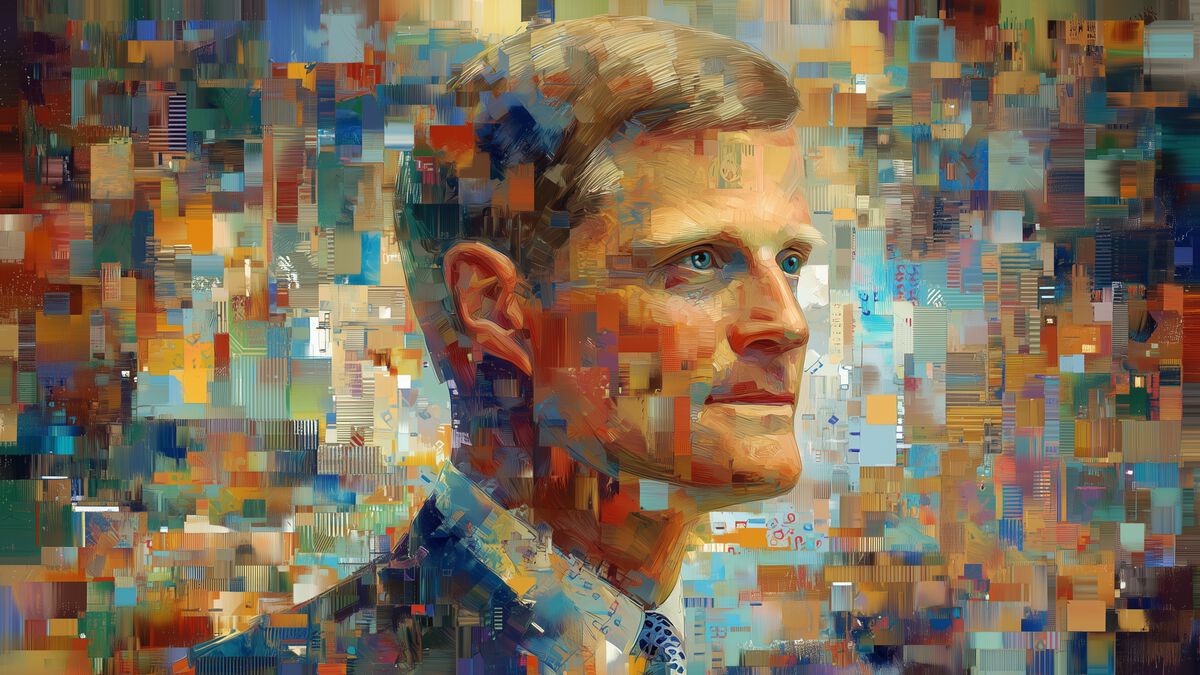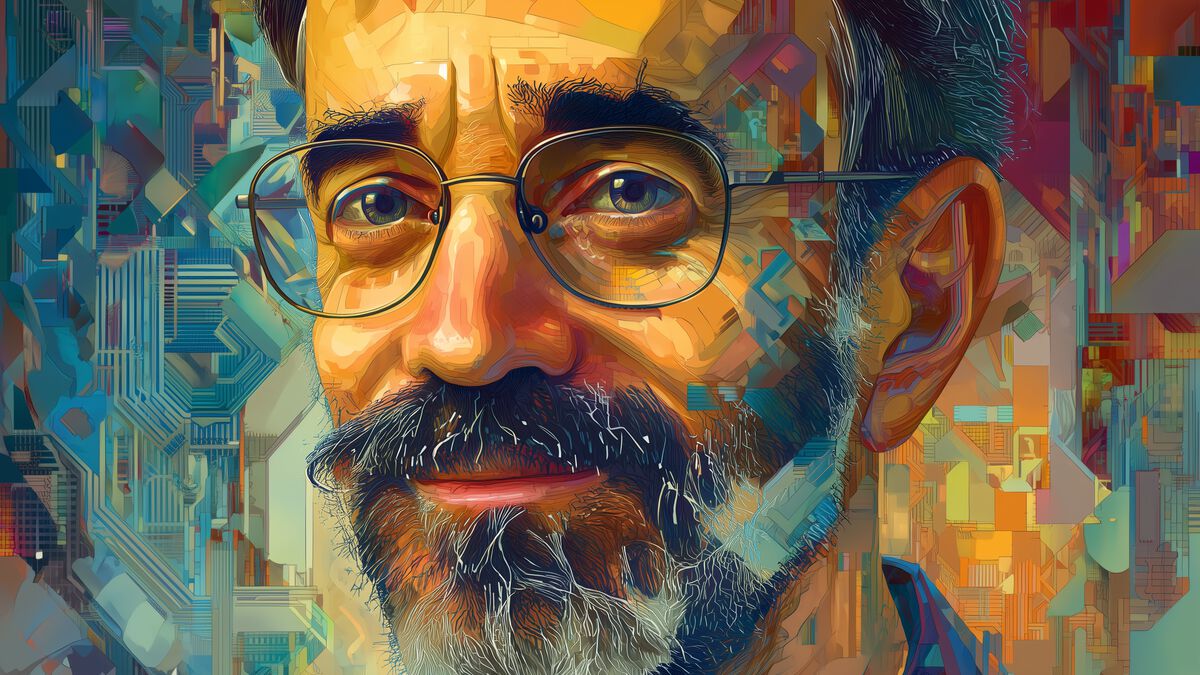Bednar Suggests Spirit is Information
Lincoln Cannon
12 May 2009 (updated 3 January 2026)
At a recent LDS Church meeting for young adults, Elder David A. Bednar commented on technology, and implied that spirit is information. Here is an approximate transcript of a portion of his talk:
“We live in a time when technology can be used to replicate reality, to augment reality, and to create virtual reality. A medical doctor can gain valuable experience to learn a surgical operation without ever putting a patient at risk …
“However, please be careful of becoming so immersed and engrossed in pixels, texting, earbuds, twittering, online social networking, and potentially addictive uses of media and Internet that you fail to recognize the importance of your physical body and miss the richness of person to person communication …
“If the adversary cannot entice us to misuse our physical bodies, then one of his most potent tactics is to beguile you and me as embodied spirits to disconnect gradually from things as they really are. In essence, he encourages us to think and act as if we were in our premortal, unembodied state.”
While there is much in this talk worth discussing, I’d like to call your attention to the last sentence in the excerpt I’ve quoted. In those words, Bednar suggests equating information-based activities with the activities of unembodied spirits.
If you’re not Mormon, that may sound nonsensical. But it makes a lot of sense from a Mormon perspective, which holds that even spirit is material. Put another way, spirit IS information. And, like all information, spirit requires a substrate – spirit is material in the same way information is material.
In my view, this is not a hypothetical. It is a definition, or mapping into secular terms, of the word “spirit.”
An influential hypothetical among philosophers is that our minds (the pattern or process of information that is our identity) may be substrate independent. In other words, we may be able to preserve our minds on a new substrate even if our present body dies.
The ramifications of this hypothetical, if true, are exciting for those of us who find esthetic and moral value in the religious ideas of transfiguration and resurrection, or secular ideas such as the Simulation Argument. These ramifications are explored in more detail in the New God Argument.



